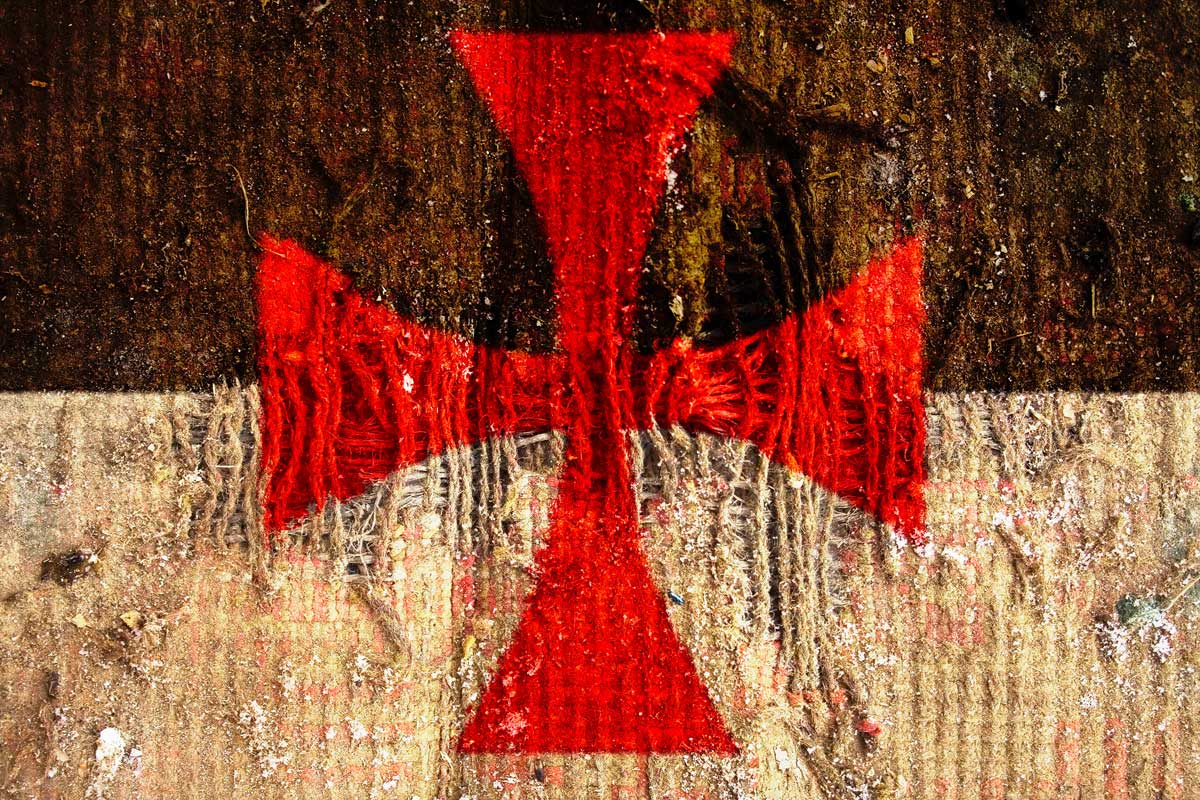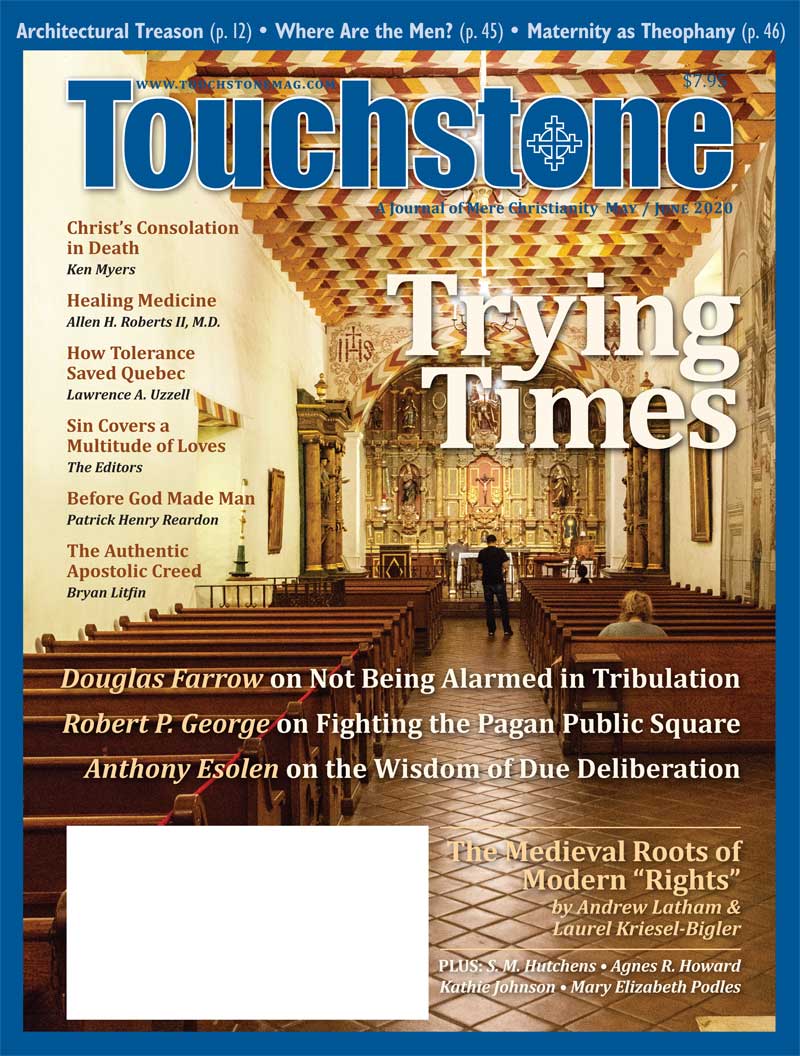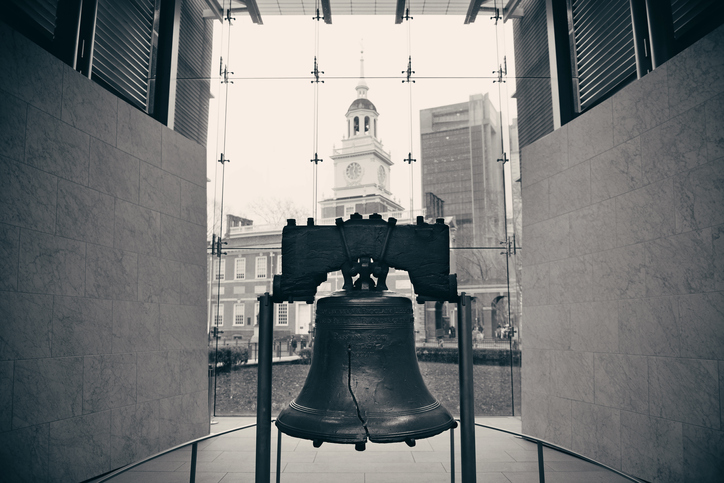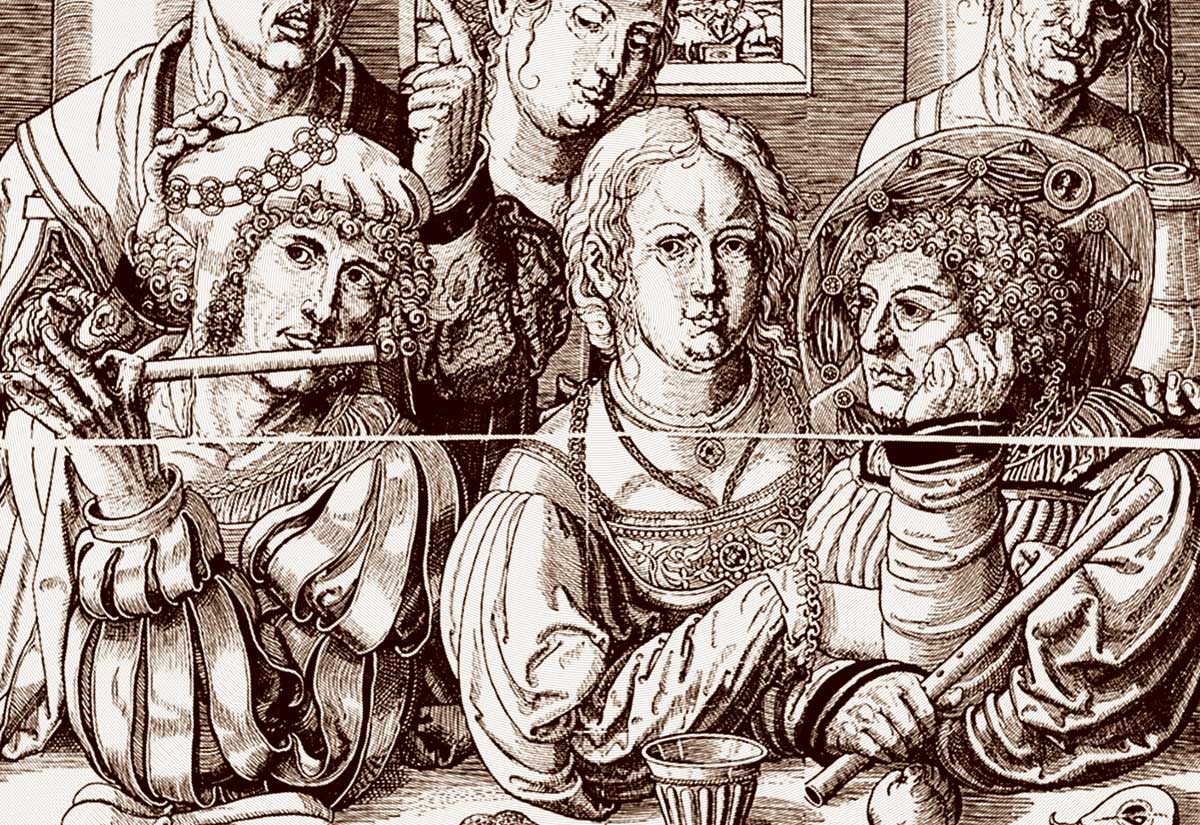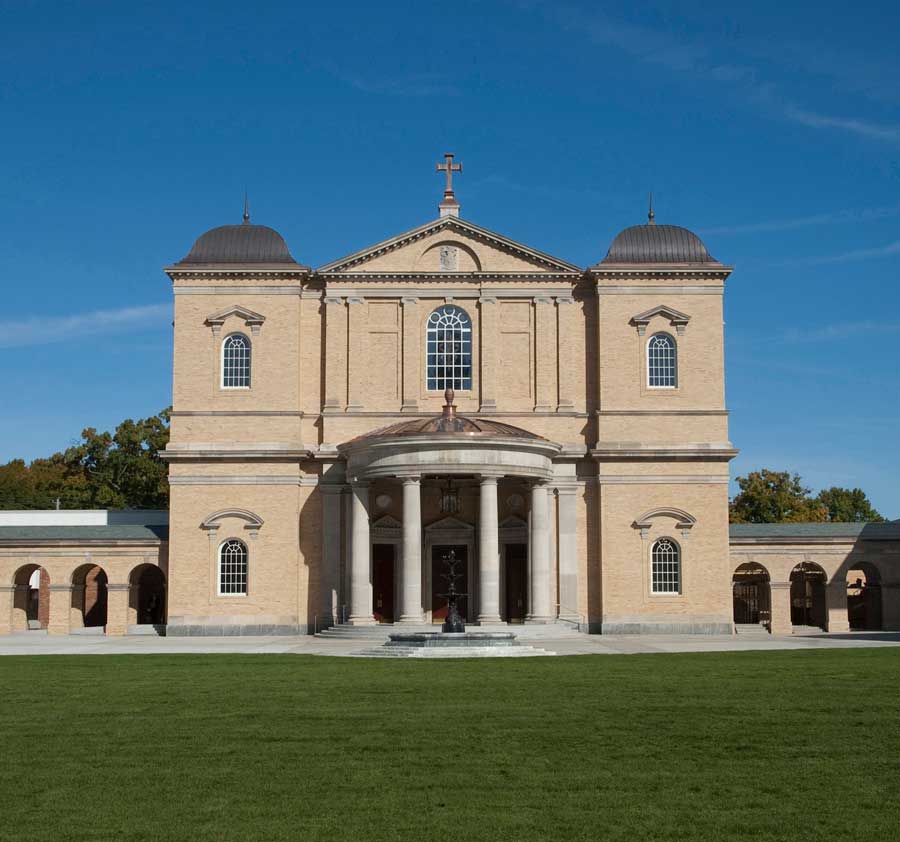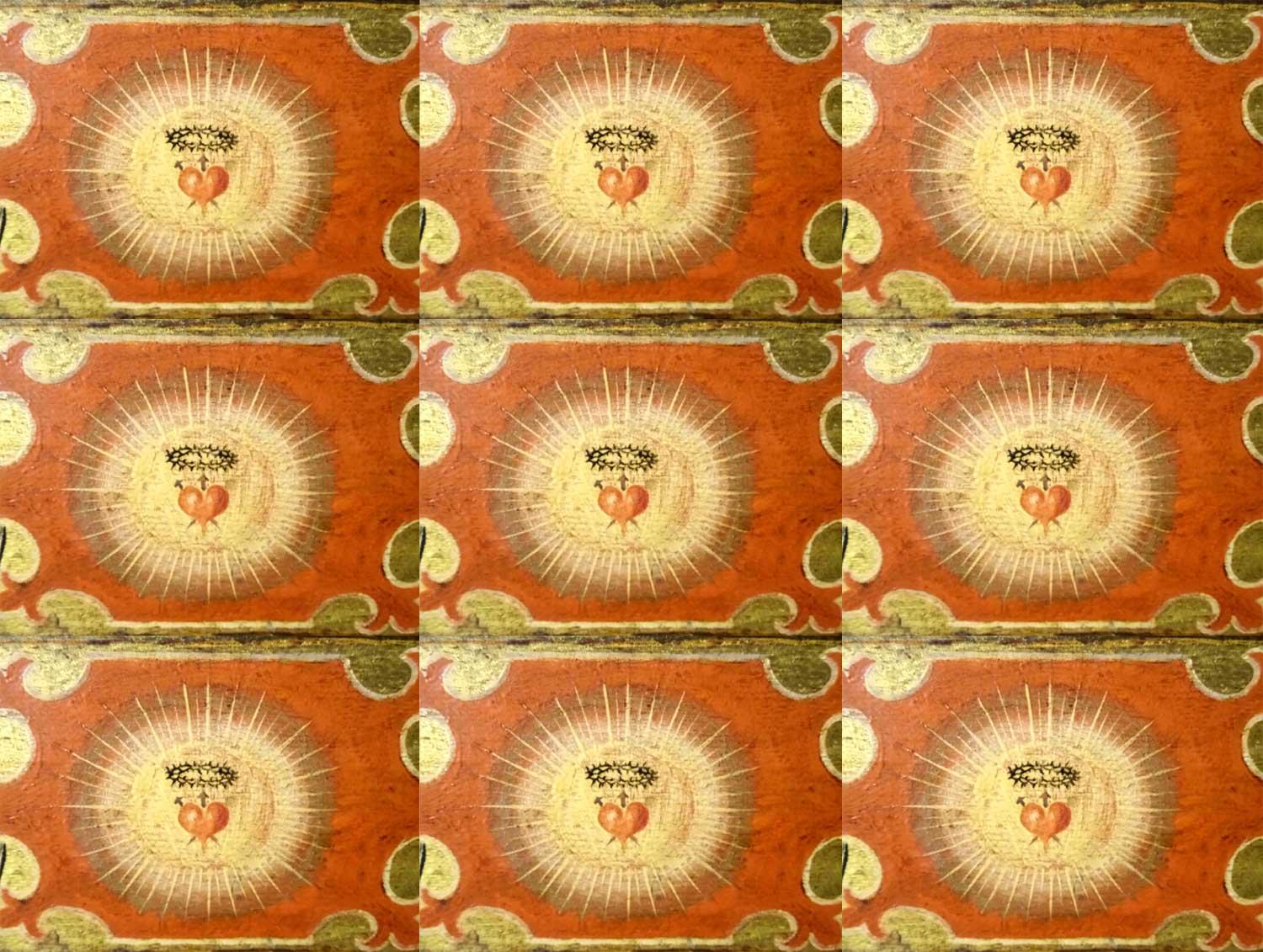Feature
The Pagan Public Square
Our Christian Duty to Fight Has Not Been Cancelled
It was the distinctive claim of late twentieth-century secular liberal political philosophy that sound principles of justice require that law and government be neutral as between controversial conceptions of the human good.
Critics, including me, argued that the "neutrality" to which the orthodox secularist liberalism of the period aspired (or at least purported to aspire) was neither desirable nor possible. That political philosophy was, we argued, built on premises into which had been smuggled controversial substantive ideas—liberal secularist ideas—about human nature, the human good, human dignity, and, indeed, human destiny. These ideas are as substantive and controversial as those proposed by Catholicism, Judaism, and other so-called comprehensive doctrines, be they secular or religious.
Today little effort is made by secular liberals (or "progressives," as many prefer to be labeled) to maintain the pretense of neutrality. Having gained the advantage, and in many cases having prevailed (at least for now), on battle front after battle front in the modern culture war, and having achieved hegemony in elite sectors of the culture (for example, in education at every level, in the news and entertainment media, in the professions, in corporate America, and even in much of religion—including making inroads into the Catholic Church), there is no longer any need to pretend.
Take, as an example, the issue of marriage. Today virtually no one on either side doubts that marriage as redefined by the Supreme Court embodies substantive ideas about morality and the human good—ideas that differ profoundly from those embodied previously in marriage law, ideas that, according to partisans of the redefinition of marriage, are to be preferred to competing ideas, such as the biblical and natural-law understandings of marriage, precisely because they are superior to the ideas they supplanted.
Modern Paganism
So now that the pretense of neutrality has been more or less abandoned, and is on its way to being forgotten, what is the substance of the perspective (or ideology or, perhaps, religion) that is now fully exposed to view—and not merely to the view of its critics? And what shall we call it? In an important recent book (Pagans & Christians in the City) Steven Smith gives it a name: paganism.
Now, this label is, of course, provocative. Professor Smith's reasons for choosing it, however, go well beyond a mere desire to provoke. What he perceives (rightly in my view) is that contemporary social liberalism ("progressivism") reflects certain core (and constitutive) ideas and beliefs—ideas and beliefs that partially defined the traditions of paganism that were dominant in the ancient Mediterranean world and in certain other places up until the point at which they were defeated, though never quite destroyed, by the Jewish sect that came to be known as Christianity.
Of course, some progressives will suppose that Smith is, and I now am, deploying the term "pagan" as an epithet. But we mean something quite specific by the word—we use it to characterize ideas and beliefs that a great many people today, especially those in the ideological vanguard, have in common with the people of, for example, pre-Christian Rome. This does not mean that contemporary secular progressivism shares all the ideas and beliefs of ancient Romans (such as belief in gods like Jupiter, Neptune, and Venus), but rather that some of the central ideas and beliefs that distinguish secular progressives from orthodox Christians and Jews today are ideas and beliefs they have in common with the people whose ideas and beliefs Judaism and Christianity challenged in the ancient world.
Secular progressives, no less than people of other faiths, hold cherished, even identity-forming beliefs about what is meaningful, valuable, important, good and bad, right and wrong. They may not believe in God, or a transcendent and personal deity, but certain things are nevertheless sacred to them—things they live for and would be willing to fight and even die for (for example, what they regard as racial justice, "LGBT" rights, environmental responsibility, and so on). They have faith—and a faith. Just look at the child-preacher Greta Thunberg. But what is it about the secular progressive faith that warrants our labeling it "pagan"? After all, though not theistic, it is certainly not (in any literal sense) polytheistic. Professor Smith explains:
Pagan religion locates the sacred within this world. In that way, paganism can consecrate the world from within: it is religiosity relative to an immanent sacred. Judaism and Christianity, by contrast, reflect transcendent religiosity; they place the sacred, ultimately, outside the world.
Robert P. George is McCormick Professor of Jurisprudence and Director of the James Madison Program in American Ideals and Institutions at Princeton University (web.princeton.edu/sites/jmadison). His books include In Defense of Natural Law (Oxford University Press) and Conscience and Its Enemies (ISI Books). He has served as chairman of the U.S. Commission on International Religious Freedom. He is a senior editor of Touchstone.
subscription options
Order
Print/Online Subscription

Get six issues (one year) of Touchstone PLUS full online access including pdf downloads for only $39.95. That's only $3.34 per month!
Order
Online Only
Subscription

Get a one-year full-access subscription to the Touchstone online archives for only $19.95. That's only $1.66 per month!
bulk subscriptions
Order Touchstone subscriptions in bulk and save $10 per sub! Each subscription includes 6 issues of Touchstone plus full online access to touchstonemag.com—including archives, videos, and pdf downloads of recent issues for only $29.95 each! Great for churches or study groups.
Transactions will be processed on a secure server.
more on religious liberty from the online archives
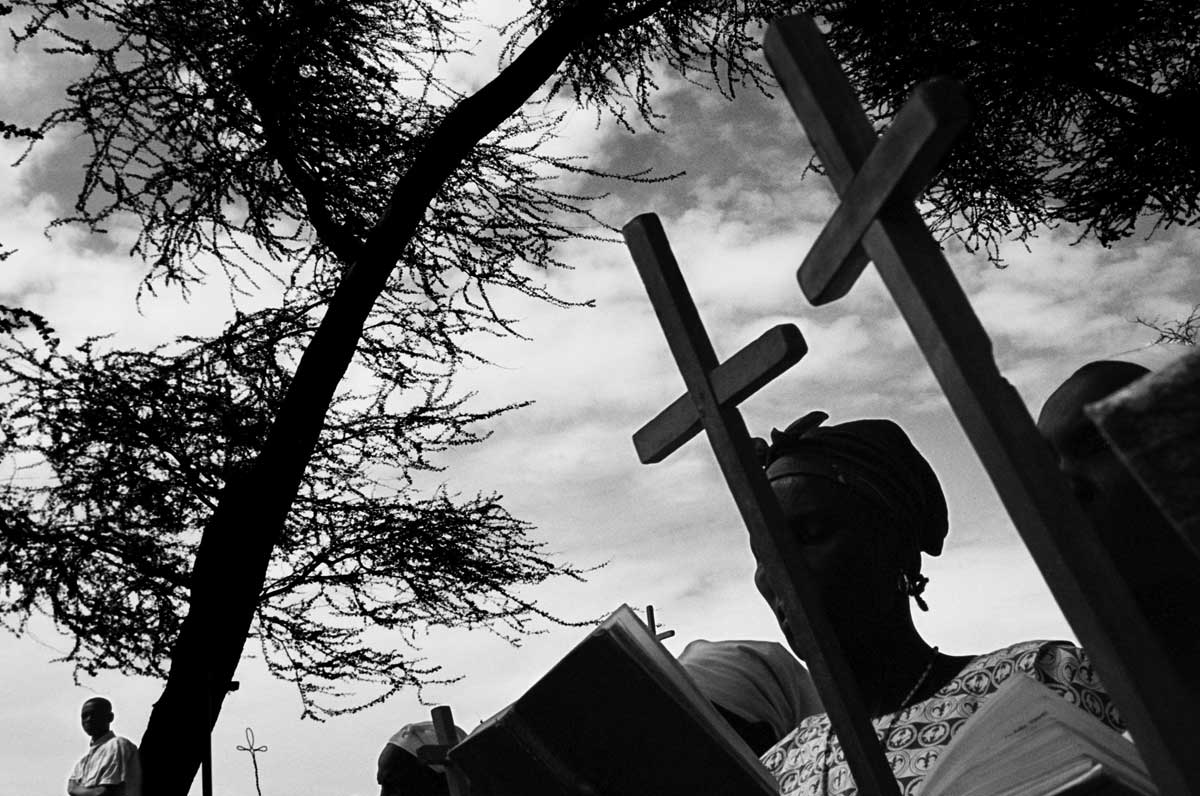
27.3—May/June 2014
Religious Freedom & Why It Matters
Working in the Spirit of John Leland by Robert P. George
more from the online archives
calling all readers
Please Donate
"There are magazines worth reading but few worth saving . . . Touchstone is just such a magazine."
—Alice von Hildebrand
"Here we do not concede one square millimeter of territory to falsehood, folly, contemporary sentimentality, or fashion. We speak the truth, and let God be our judge. . . . Touchstone is the one committedly Christian conservative journal."
—Anthony Esolen, Touchstone senior editor





